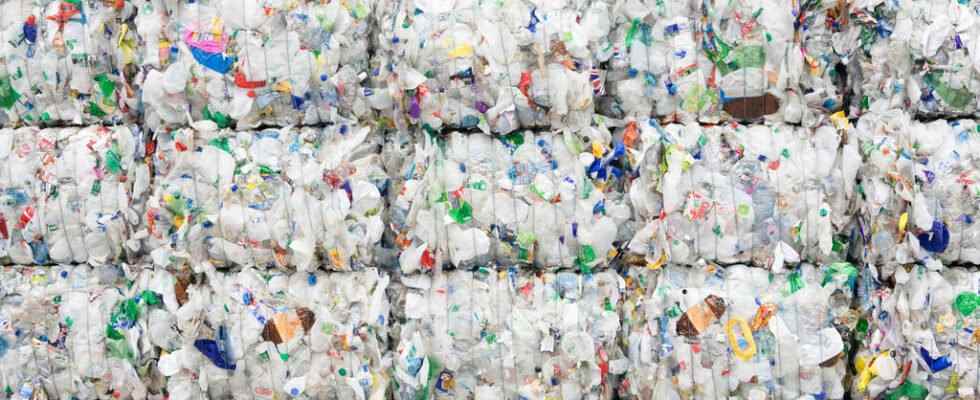This is one of the main challenges posed to the ecological transition: the production of waste. While Europe has set the goal of recycling 55% of municipal waste within three years, Ireland is on the wrong track: it produces more and more waste and recycles less and less.
From our regional correspondent,
In her large black garbage bag, Katie Collins placed all her waste, household waste… and recyclables. ” Cardboard, paper, even what is visibly recyclable… There is no dedicated dumpster in my housing estate. People didn’t sort it out so the municipality stopped offering it. »
To recycle on her own, the young woman would have to take her waste ten kilometers to the recycling center in Swords, in the northern suburbs of Dublin. Joe Daly, Site Manager: “ We take the cartons, the milk cartons, the cans, it’s all free. There is also toxic waste : paint, motor oils, drugs, pesticides. And large dumpsters for bulky items. »
For bulky items, it is necessary to count between 8 and 20 euros. An expense and a journey that put off the Irish… They recycle less and less, according to the latest report from the Environmental Protection Agency. Tara Higgins leads the statistics team in charge of waste: Less than a third of plastic packaging was recycled in Ireland in 2019. 70% was incinerated, which releases greenhouse gases since plastic is made from petroleum. It’s better for cardboard, around 80%. But prevention is better than cure : recycling is a solution of last resort. »
The urgency of new environmental policies
The researcher wants to limit the upstream production of packaging – and waste in general. Because even recycling has an environmental cost. Trish Kennedy from the Swords Recycling Center explains that Ireland has virtually no recycling centres.
” The glass leaves for Northern Ireland. Cardboard, paper, newspapers… It’s dealt with in Wales. As for the plastic, it goes to Central Europe to be recycled. All this generates a high carbon footprint. »
The best solution, explains Tara Higgins of the Environmental Agency, is still not to produce the waste in the first place. The consumer plays a role, when he buys products in bulk rather than packaged. But for the researcher, the real responsibility lies well before the supermarkets.
” It’s not normal that it is cheaper to use virgin plastic rather than a responsible alternative. We need policies and economic instruments ; taxes on virgin plastic to encourage the use of other less polluting materials, penalties when you put too much packaging on the market. »
The agency believes that Ireland must act, and quickly, if it is to hope to achieve the European objectives of 50% recycled plastic by 2025.
